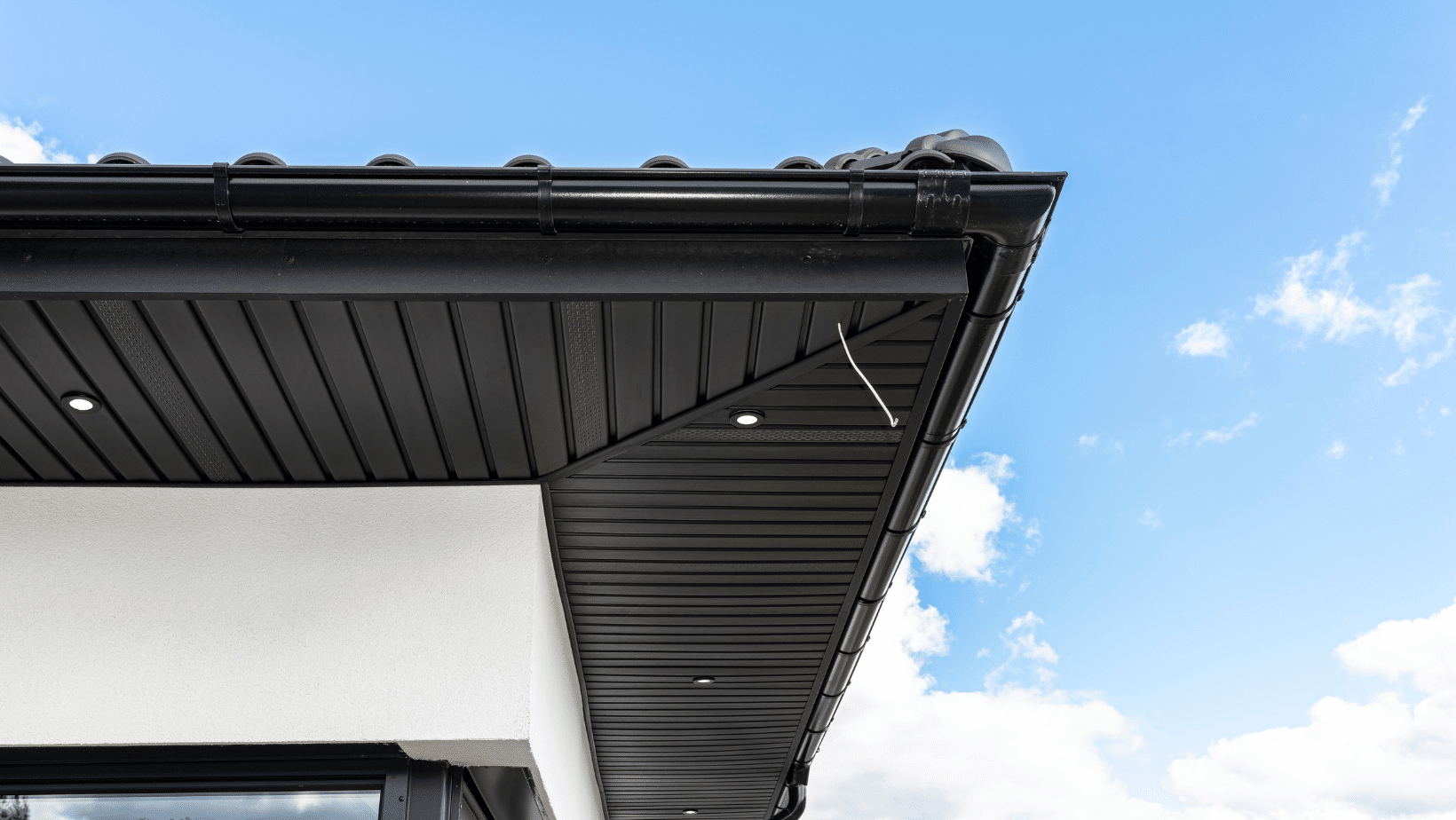Protect Your Home: The Ultimate Guide to Water Damage Prevention
Water damage can turn your home into a disaster zone, causing costly repairs and long-term issues. From leaking pipes to natural disasters, understanding the risks and taking preventive steps can save you time, money, and stress. This guide explores the most common causes of water damage and how to keep your home dry and safe. Regular flood protection can help identify potential issues before they turn into costly repairs.
The Leading Causes of Water Damage and How to Prevent Them
Water damage can strike at any time, often when least expected. Here are the main culprits and practical solutions to prevent them.
1. Hidden Plumbing Leaks
Leaking pipes and fixtures are a top cause of household water damage. Even small leaks can lead to mold growth and structural deterioration over time.
Signs of a Plumbing Leak:
- Unexplained increase in your water bill
- Musty odors or mold patches on walls
- Stains on ceilings or walls
How to Prevent It:
- Regularly inspect pipes for corrosion, cracks, or moisture buildup.
- Install leak detectors to catch problems early.
- Insulate pipes in colder months to prevent freezing and bursting.
2. Aging or Faulty Appliances
Washing machines, dishwashers, water heaters, and refrigerators can leak due to worn-out hoses or internal failures. Homeowners should perform seasonal drain cleaning to ensure their property remains protected.
Prevention Tips:
- Check hoses and seals every six months.
- Replace old hoses with steel-braided ones.
- Never run appliances unattended for extended periods.
3. Clogged or Slow Drains
Blocked drains can lead to overflowing sinks, showers, and toilets, causing significant water damage.
Common Drain Blockers:
- Hair and soap scum
- Food particles and grease buildup
- Foreign objects accidentally flushed
How to Prevent It:
- Use drain covers to trap hair and debris.
- Avoid disposing of grease and food scraps down the drain.
- Regularly clean drains with a mixture of baking soda and vinegar.
External Threats That Cause Water Damage
Water damage isn’t just an indoor issue—outdoor elements can also wreak havoc on your home.
1. Leaky Roofs and Gutters
Your roof is your home’s first line of defense against water. Damaged shingles and clogged gutters can allow moisture to seep in.
Preventative Measures:
- Inspect and maintain your roof at least twice a year.
- Clean gutters regularly to ensure proper water drainage.
- Repair or replace damaged shingles promptly.
2. Poor Drainage and Foundation Cracks
Water pooling around your home’s foundation can lead to basement flooding and structural instability.
Ways to Improve Drainage:
- Ensure proper grading around your home to direct water away.
- Install a sump pump in flood-prone areas.
- Seal foundation cracks to prevent seepage.
Immediate Actions to Take When Water Damage Occurs
Even with the best water damage prevention strategies, unexpected leaks or floods can still happen. Acting fast is crucial to minimizing damage. Taking proactive steps like water damage can help safeguard your home from water-related issues.
Step 1: Shut Off the Water Source
If the water damage is from a plumbing issue, locate and turn off the main water supply to stop further flooding.
Step 2: Remove Excess Water
- Use towels, mops, or a wet-dry vacuum to soak up standing water.
- Open windows and use fans to speed up the drying process.
Step 3: Prevent Mold Growth
- Dehumidify affected areas within 24-48 hours.
- Remove damp carpets or furniture to prevent mold buildup.
- Disinfect surfaces with antimicrobial solutions.
Frequently Asked Questions About Water Damage Prevention
How often should I inspect my home for potential water damage?
You should inspect your home for leaks and vulnerabilities at least twice a year, ideally before winter and after heavy rainfall seasons.
What is the most common cause of household water damage?
Plumbing leaks, followed closely by faulty appliances, are the most common causes.
Can homeowners insurance cover water damage?
It depends on the cause. Sudden leaks may be covered, but gradual damage due to neglect is usually excluded.
What’s the fastest way to dry out water damage?
Using fans, dehumidifiers, and opening windows can help speed up the drying process.
How can I prevent water damage when I’m away from home?
Shut off the main water valve, install smart leak detectors, and ask a trusted neighbor to check in periodically.
Conclusion: Stay Proactive with Water Damage Prevention
Water damage can be a nightmare, but taking proactive steps can keep your home safe. Regular inspections, routine maintenance, and quick action in emergencies are key to protecting your property. By following these water damage prevention tips, you can avoid costly repairs and ensure a dry, secure home.
Water damage prevention is essential for every homeowner. Implementing these water damage prevention techniques can save you thousands in repairs. From inspecting pipes to improving drainage, every step of water damage prevention counts. Prioritizing water damage prevention ensures a long-lasting, safe home. Don’t wait for a disaster—start your water damage prevention plan today!
